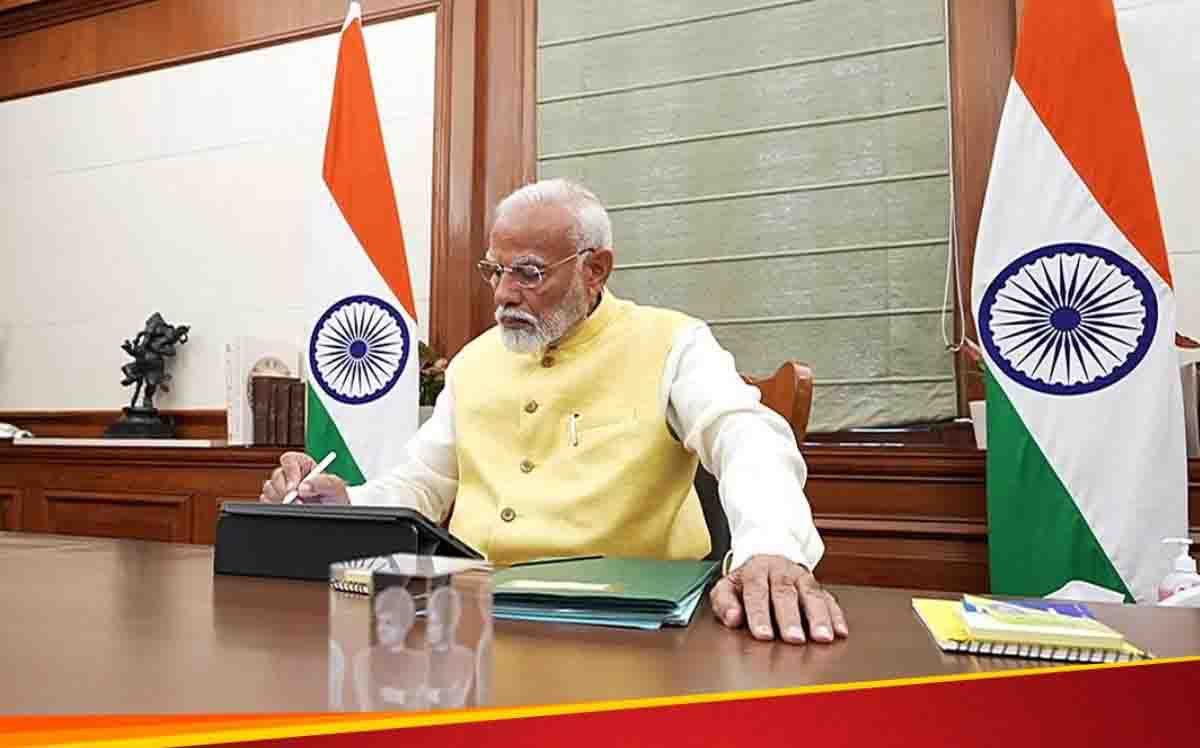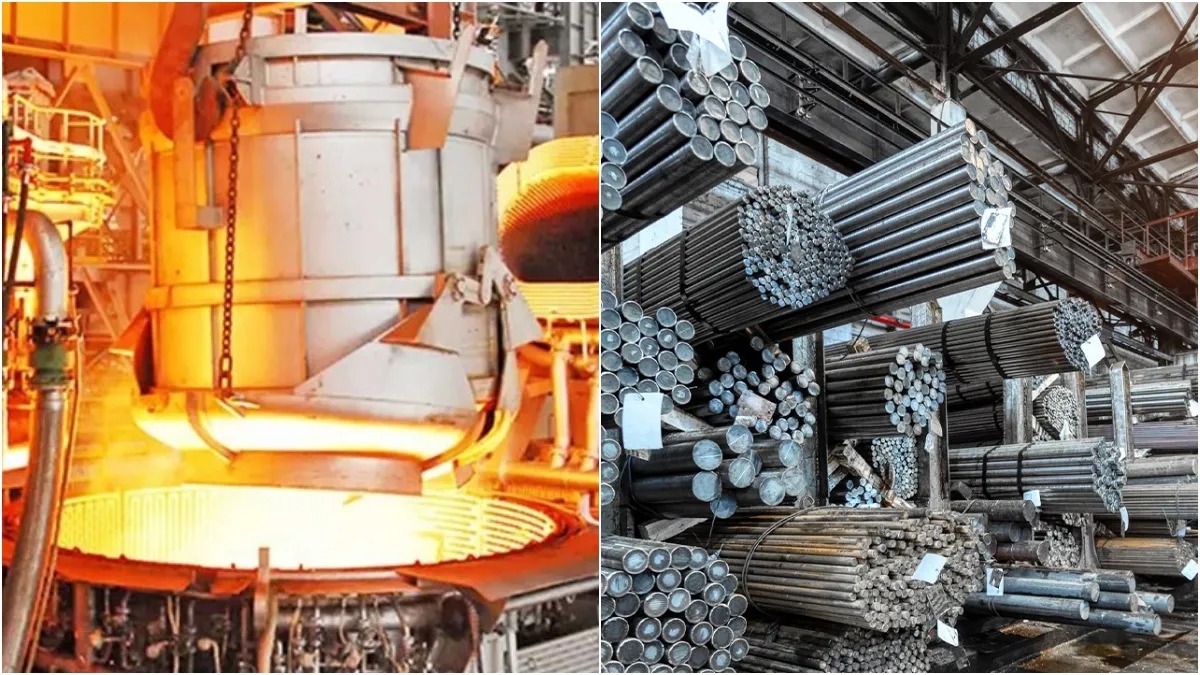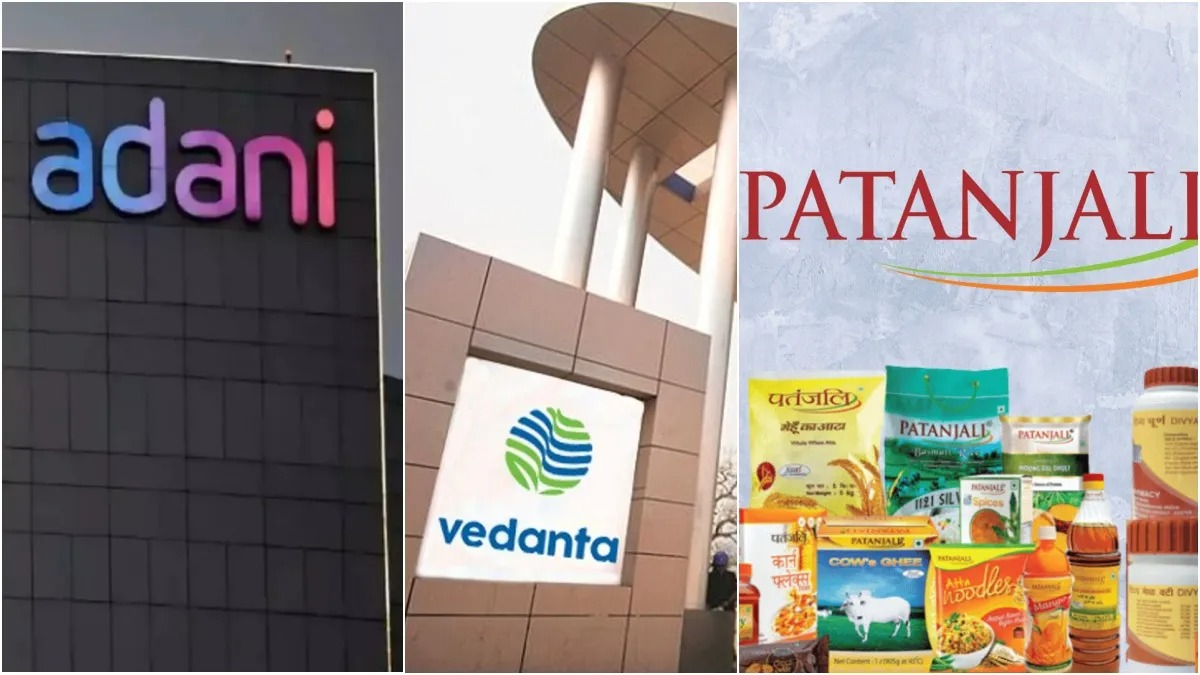
Budget 2025-26: Common people suffering from inflation may get a big relief in the new year. The Confederation of Indian Industry (CII) has suggested reducing excise duty on fuel in its suggestions for the general budget for the financial year 2025-26.
In such a situation, if the government cuts excise duty, the price of petrol and diesel will also come down. The industry body has said that this exemption should be given especially at the lower income level to increase consumption, because fuel prices increase inflation significantly.
Apart from this, CII has said that the budget can also consider reducing the marginal tax rate for personal income up to Rs 20 lakh per annum. This will help accelerate the cycle of spending and high tax income. The suggestions also said that the difference between the highest marginal rate of 42.74 percent for individuals and the general corporate tax rate of 25.17 percent is high.
Purchasing power reduced due to inflation
Inflation has reduced the purchasing power of the low and middle income people. The industry body said, "Central excise duty accounts for about 21 per cent of the retail price of petrol and 18 per cent for diesel. These duties have not been changed since May 2022 in line with the reduction in global crude oil prices by about 40 per cent.
Reducing excise duty on fuel will help reduce overall inflation and increase disposable income. CII Director General Chandrajit Banerjee said domestic consumption has been key to India's growth journey, but inflationary pressures have reduced the purchasing power of consumers to some extent.
Suggestion to start expense vouchers
He said government intervention could focus on increasing disposable income and maintaining economic momentum. CII suggested introducing spending vouchers targeting low-income groups to boost demand for certain goods and services over a fixed period of time.
The voucher can be designed to be spent on specific goods and services and can be valid for a fixed period (eg 6-8 months) to ensure spending. Apart from this, the government has also been suggested to increase the annual payment under the PM-Kisan scheme from Rs 6,000 to Rs 8,000.

 Share
Share






